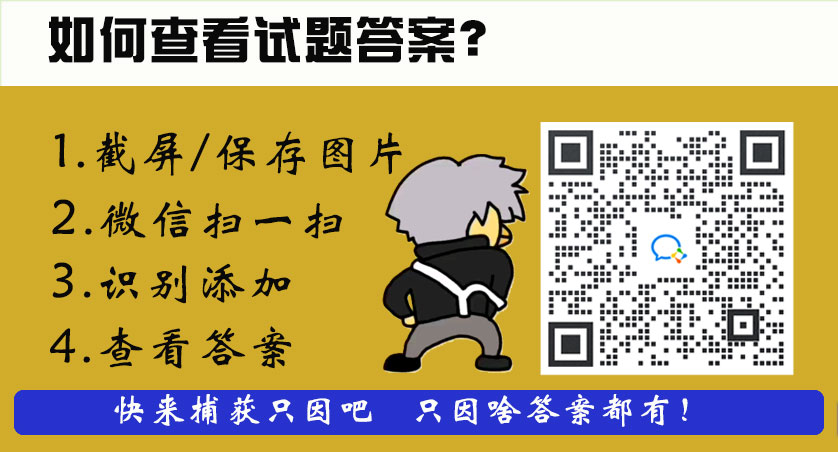云南专用英语周报第十期第五版,我们目前整理分享关于云南专用英语周报第十期第五版及其参考答案,2如需答案 请关注微信公众号:考不凡/直接访问www.kaobufan.com(考不凡)

1、云南专用英语周报第十期第五版
2、2022年英语辅导报高一第一期
3、阳光英语周刊武汉专版 七上第17期答案
13.Nelson Mandela devotedall his life to the freedom for the black. 试题答案
分析 纳尔逊曼德拉将其一生都用在了为黑人争取自由这一事业上.
解答 答案:devoted.
分析句子结构可知,本句缺少一个谓语动词,结合句意可知,应该使用动词devote构成短语devote…to…将…用在(奉献给)…;这是表达的曼德拉过去的事迹,所以用一般过去时;故答案为devoted.
点评 首字母填空题考查的是词汇的记忆和运用能力,平时要注意积累和运用.同时还要注意提示字母.
The eyes are one of the most expressive of body language.Keith,seventeen,from Montclair, New Jersey,learned the hard way about one the eyes can make.“I had a teacher who heavily on classroom discussion,”Keith says.“He seemed to have a strong to know just when I didn’t have the answer.I couldn’t how he could be so .Then it dawned on(逐渐被人明白)me. I didn’t know the answer,I would looking at him.When I did know what to say,I always stared straight back him.From that moment on,I myself to look him in the eye, I knew the answer or not.That trick has me a lot of trouble.”
Many people, some policemen,believe eye contact is a good of testing honesty.If someone can’t look at you directly in the eye,then he or she is not playing ,they insist.After many experiments, ,a number of exports have found out that good liars can make false eye contact.
Eye contact,though not a sure of dishonesty, is a clear way to show interest in another person.When a person looks at you and continues to do so,you know his attention is on you.When he turns his head away, his mind is probably .But there is .A shy person may have trouble making and keeping eye contact,no matter how interested he is in the other person.And certain nationalities,such as the British and Germans,are much oriented(适应)to eyeball-to-eyeball contact than,say,the French and the Arabs.
1.A. letter B. notice C. message D. news
2.A. looked B. graded C. lived D. took
3.A. ability B. body C. mind D. way
4.A. figureout B. speakout C. turnout D. putout
5.A. slow B. sharp C. boring D. cautious
6.A. Thefirsttime B. Lasttime C. Eachtime D. Attimes
7.A. hate B. enjoy C. like D. avoid
8.A. on B. at C. in D. of
9.A. allowed B. forbade C. taught D. persuaded
10.A. when B. whether C. if D. unless
11.A. saved B. given C. increased D. offered
12.A. except B. adding C. beside D. including
13.A. lesson B. way C. chance D. approach
14.A. honestly B. effectively C. efficiently D. constantly
15.A. furthermore B. moreover C. however D. otherwise
16.A. expression B. means C. sign D. trick
17.A. discovered B. lain C. put D. fixed
18.A. anywhere B. nowhere C. elsewhere D. everywhere
19.A. exception B. expectation C. question D. adaptation
20.A. worse B. less C. too D. enough